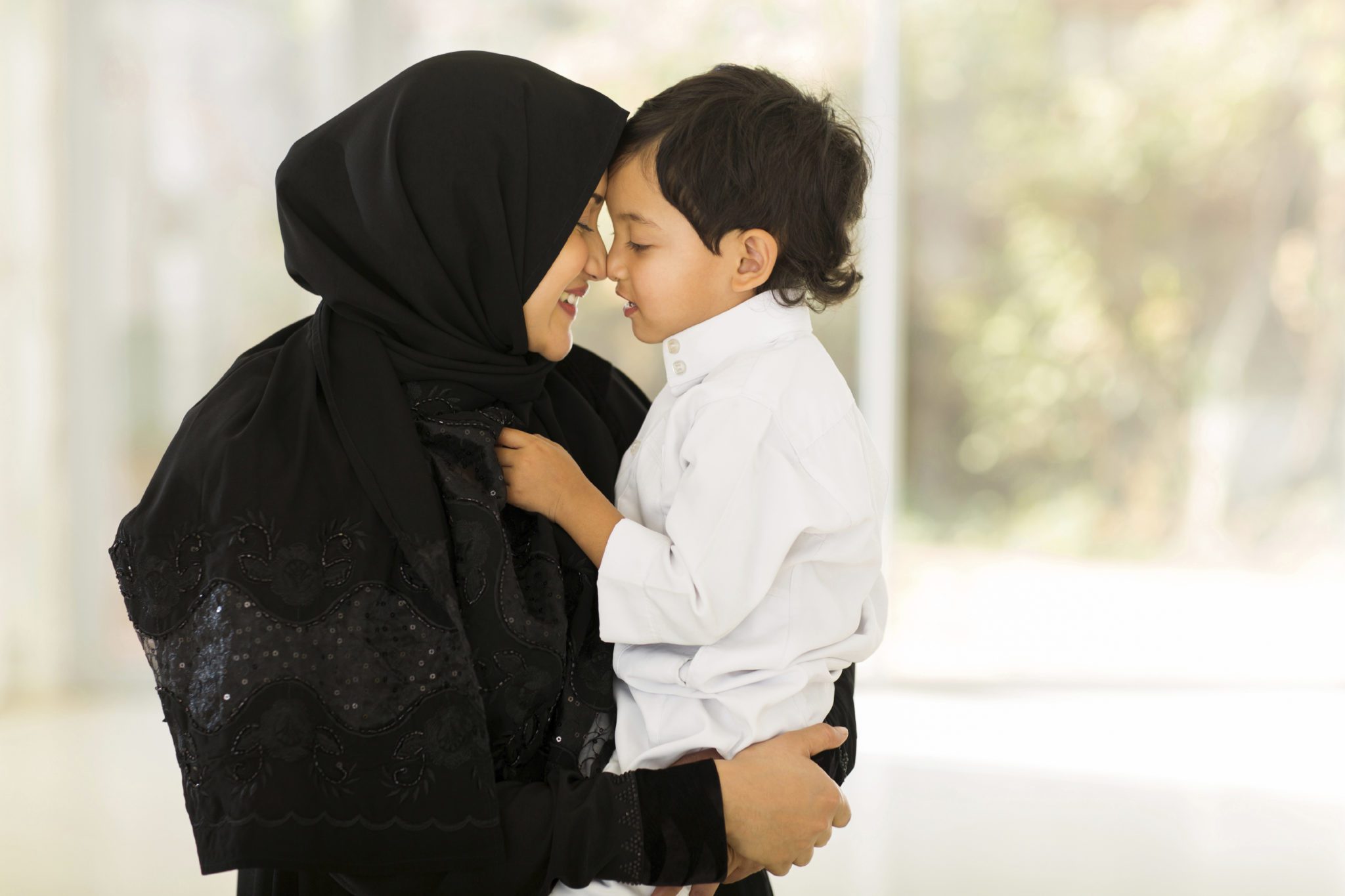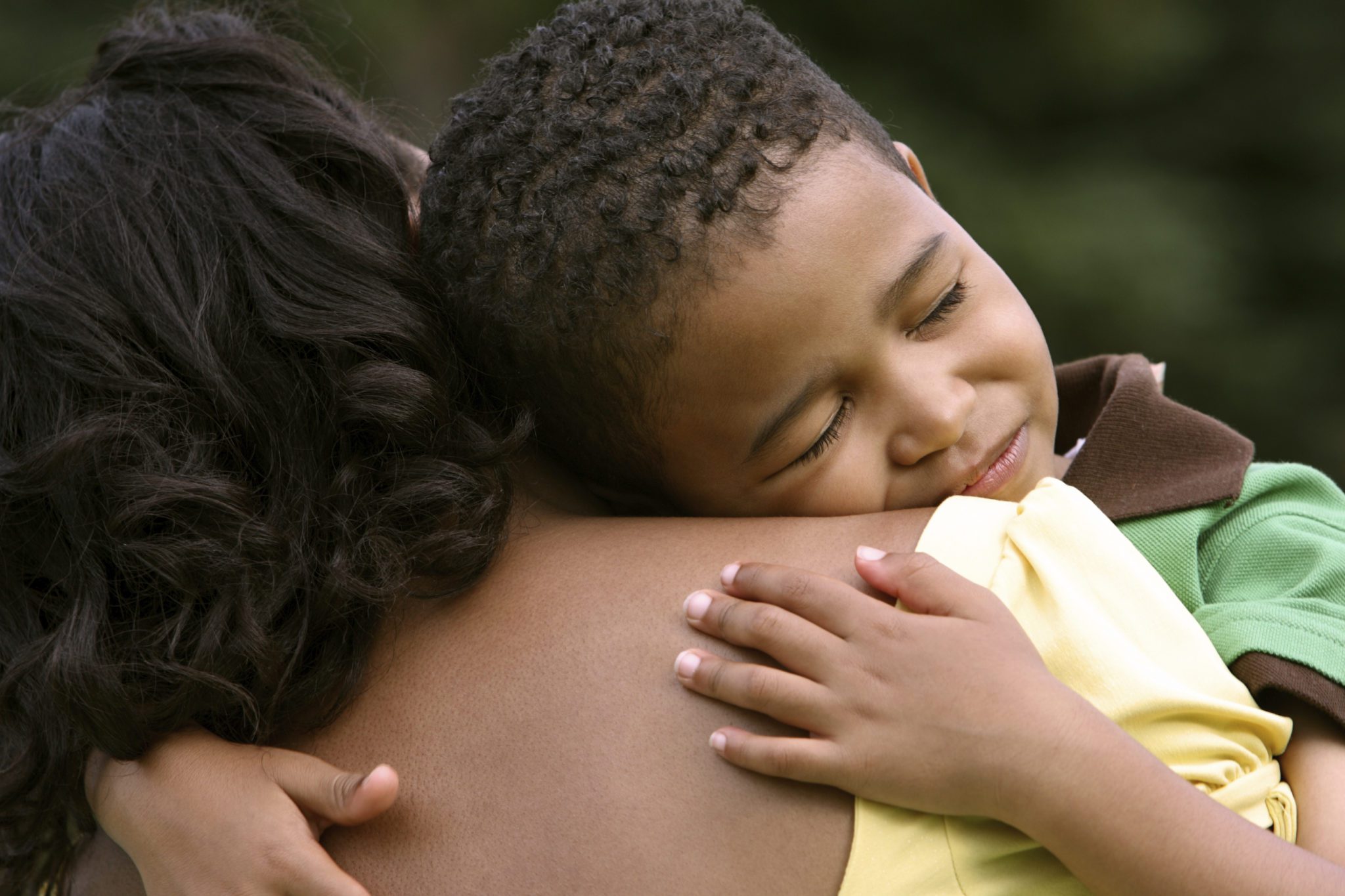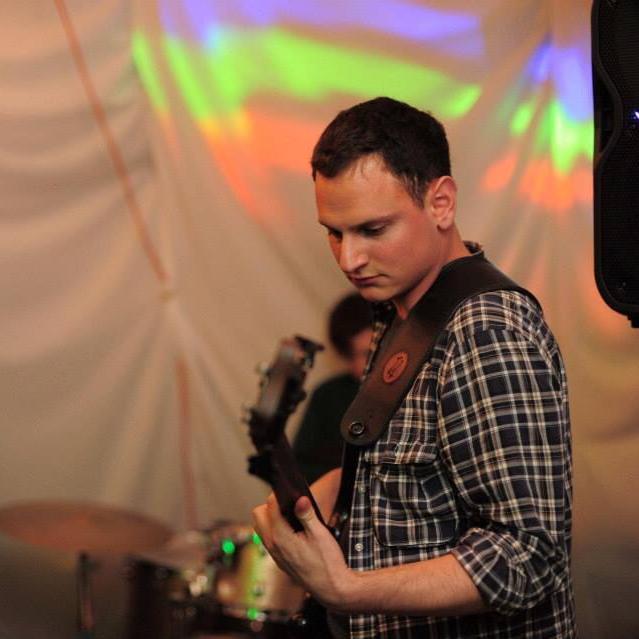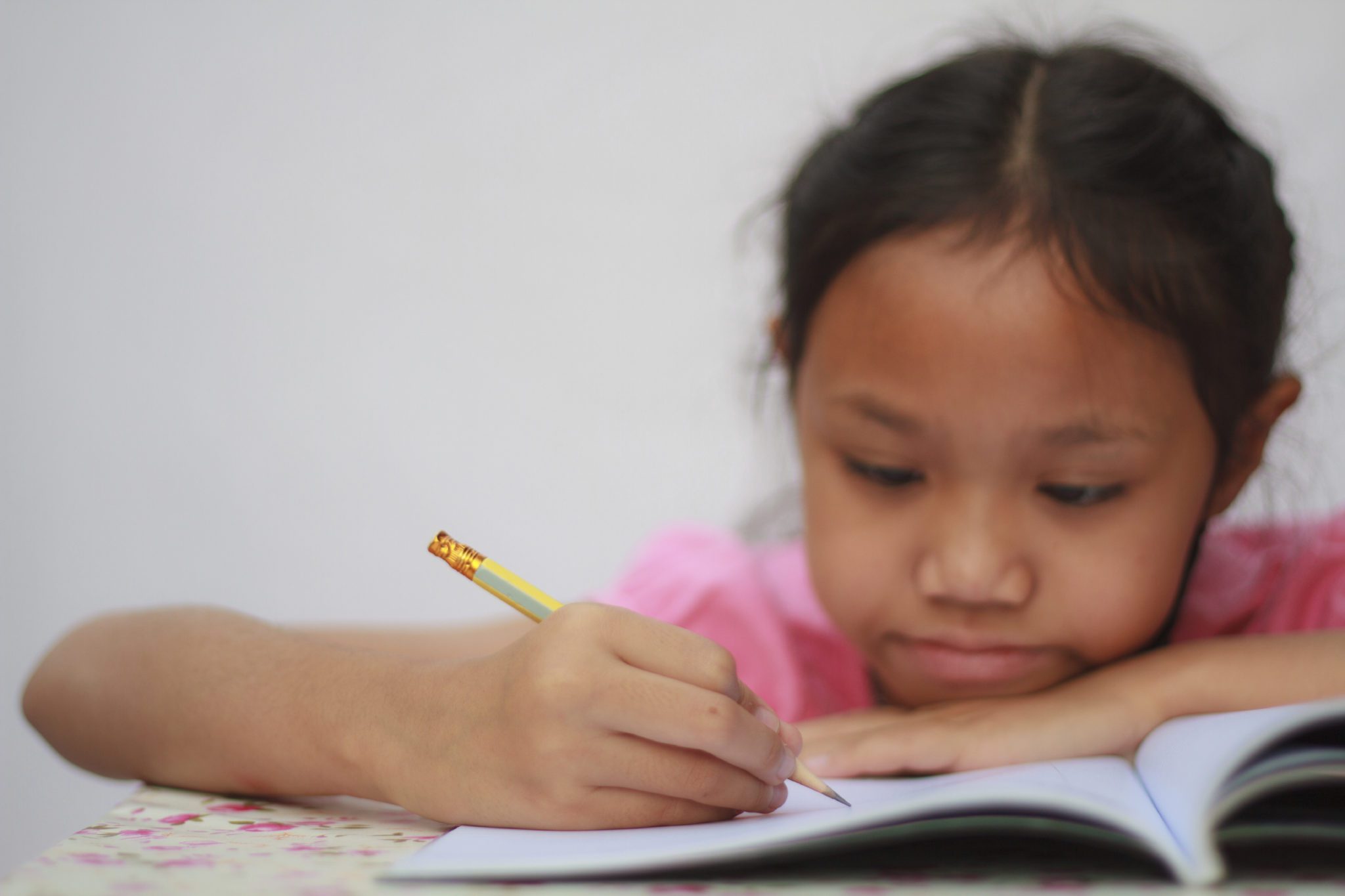You & Your Family
Spring Suicide: An (Un)Likely Combination?

Tune in to a conversation about springtime and psychiatric disorders – listen below or search for “Shrinking It Down” wherever you stream.
Este artículo está disponible en español.
Muslim Children: Addressing Prejudice and Xenophobia

As an adult Muslim, I find it disconcerting, and at times, downright frightening, to hear xenophobic statements about keeping Muslims out of the country. In my work as a child psychiatrist, I’m hearing from Muslim parents across the country that their children are coming home to them with difficult questions and intense emotional reactions.
Talking To Your Child About a Sibling’s Mental Illness

How can you talk to your child about their sibling’s mental illness? Read more from Dr. Susan Swick, below.
It seemed like just another Wednesday evening. After the routine disagreements and struggles over homework, everyone sat down together to eat dinner and talk about their day.
Raising Moral Children: Parental Strategies That Last A Lifetime

Intro music written and performed by Dr. Gene Beresin.
Outro music arranged and performed by Dr. Gene Beresin.
We want our kids to know right from wrong. We want them to care about the welfare of others. We want them to be kind, empathetic, and responsible. We want them to own their actions.
Meeting The Challenges Of Tourette’s Disorder: Dan’s Story

This blog post is part of a series entitled Real Lives, Real Stories: Personal Experiences With Mental Illness.
Helping Kids of All Ages in the Face of Terrorism or War

At times like these – in the face of terrorism or war – amid our shock, grief, and fear, we need to be particularly attuned to the impact such events have on our children. Kids of all ages have questions and various emotional reactions—compounded all the more by the footage and commentary they may be seeing and experiencing.
What Is An Individualized Education Program (IEP)?

Billy was a second grader who was having difficulty reading. He was thus evaluated through his public school system to see if he was eligible to receive special education services. Upon his completion of a series of tests, Billy was identified as having a reading disability; this diagnosis entitled him to special education services.
How Is Special Education Eligibility Determined?

If you have a child with learning, behavioral, or attentional issues, you may be eager for him to receive special education services through your local school system.
When Kids Leave Home: Part 2

This is the second blog post in a two-part series on adolescents’ transition to the “real world.”
To view the first blog post, click here.
Intro music written and performed by Dr. Gene Beresin.
Outro music arranged and performed by Dr. Gene Beresin.
I love being a mom.
What Is Tourette’s Disorder?

Tourette’s disorder has also been called Tourette’s syndrome.
It has also been called simply Tourette’s.



